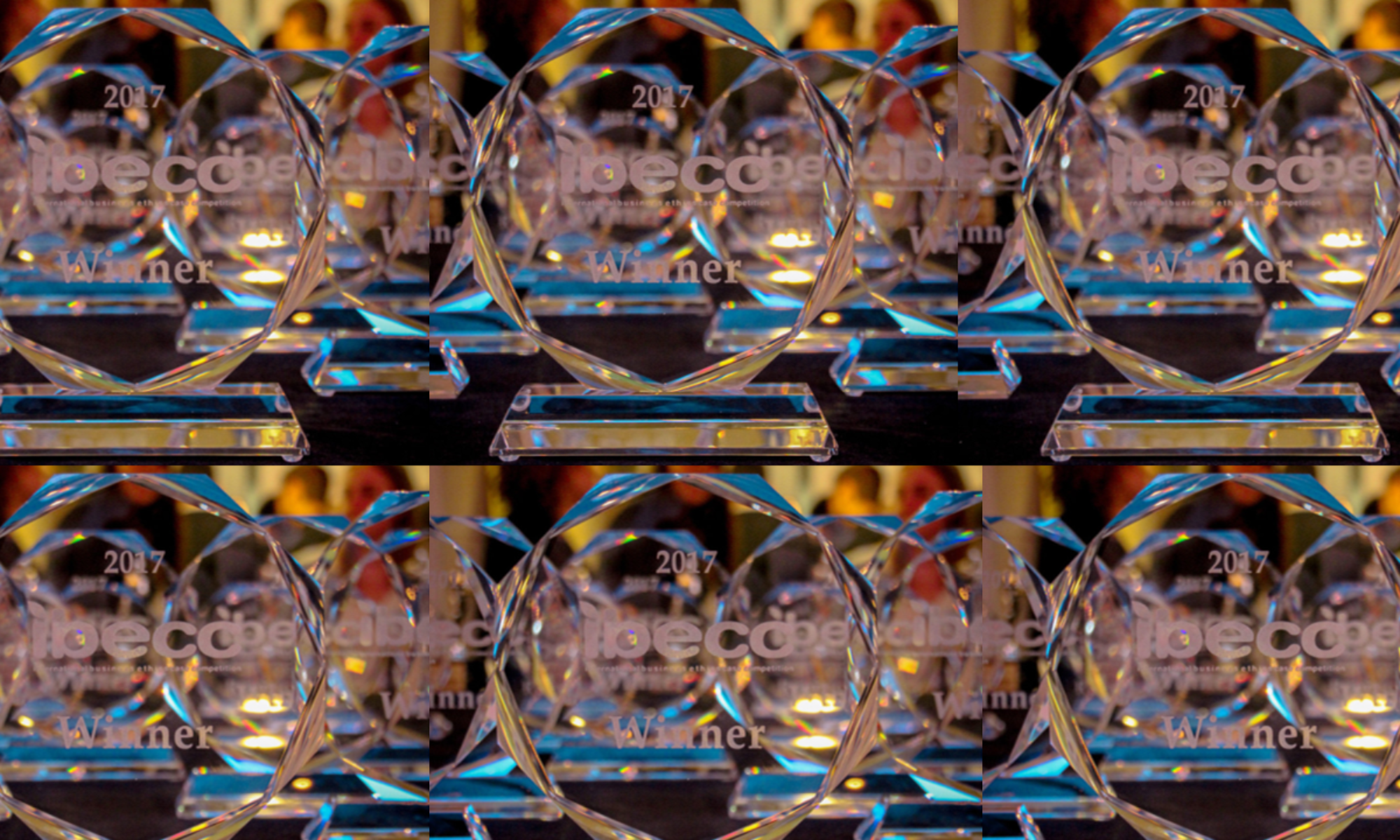The oldest and most experienced business ethics case competition, IBECC was founded by Professor Thomas White in 1996 at Loyola Marymount University and then transitioned to an independent 501c3 organization headquartered in Massachusetts in 2019. The leadership has been consistent for most of the 28 years of the event’s history. We’re a combination of active business ethics scholars and corporate ethics and compliance executives. (Check out our Who we are and Überjudges/Senior Advisors pages). We’re particularly proud of the fact that all our our senior judges—primarily corporate business ethics experts who are the key group in overseeing the competition—have been with us for between 15 and 20 years. This keeps our orientation more practical and business-oriented than theoretical and academic, and it ensures the consistently high quality of the event.
At the same time, IBECC is overseen by two active, senior scholars in the field of business ethics: Professor Ken Goodpaster (emeritus, University of Saint Thomas) and Professor Thomas White (emeritus, Loyola Marymount University).
Originally designed with the assistance of senior Fortune 100 executives, IBECC aims to have students engage in an exercise that strengthens key skills that new hires are often weak in: working on teams; presentation skills; and understanding that ethical issues never appear in a vacuum (teams are required to work with the legal and financial dimensions of their topic as well).
As a way of doing as much as we can to advance the cause of ethics in business and to provide tangible benefit to our corporate partners, we’re working on a process that will facilitate contact between companies and students. To succeed in the competition, students are required to demonstrate a skill set that makes them excellent interns or new hires. We are hoping that companies recognize the advantages of seeing IBECC as a source of exceptional talent.
IBECC also aims to help the business community by showcasing insights teams may have regarding to issues related to Millennials and Gen Z. Every business acknowledges their future depends on the 20-40 age group. This key demographic is where their most recent employees come from and represents the largest customer segment. As one commentator puts it, “The oldest millennial and the oldest Gen Zer are in charge right now—of spending, influence and the economy.” However, this demographic poses special challenges to corporations in a host of areas: working in an office versus working remotely; work-life balance; strong allegiance to certain social values with the expectation that the companies they work for and buy from will support them; use of social media.
As far as we know, IBECC is unique in having a charity component. Because we believe that an ethics event should try to do some practical good in the world, the winning team in our “World’s Most Intellectually Daunting Biathlon” earned the right to designate a charity for a donation. In the 2024 competition, this donations, designated by team from Stetson University went to The Neighborhood Center of West Volusia in DeLand, Florida, a non-profit organization dedicating to feeding the hungry, housing the homeless and preventing homelessness.
